Navigating Faith: The Importance Of Masjid Maps In The Modern World
Navigating Faith: The Importance of Masjid Maps in the Modern World
Related Articles: Navigating Faith: The Importance of Masjid Maps in the Modern World
Introduction
In this auspicious occasion, we are delighted to delve into the intriguing topic related to Navigating Faith: The Importance of Masjid Maps in the Modern World. Let’s weave interesting information and offer fresh perspectives to the readers.
Table of Content
Navigating Faith: The Importance of Masjid Maps in the Modern World
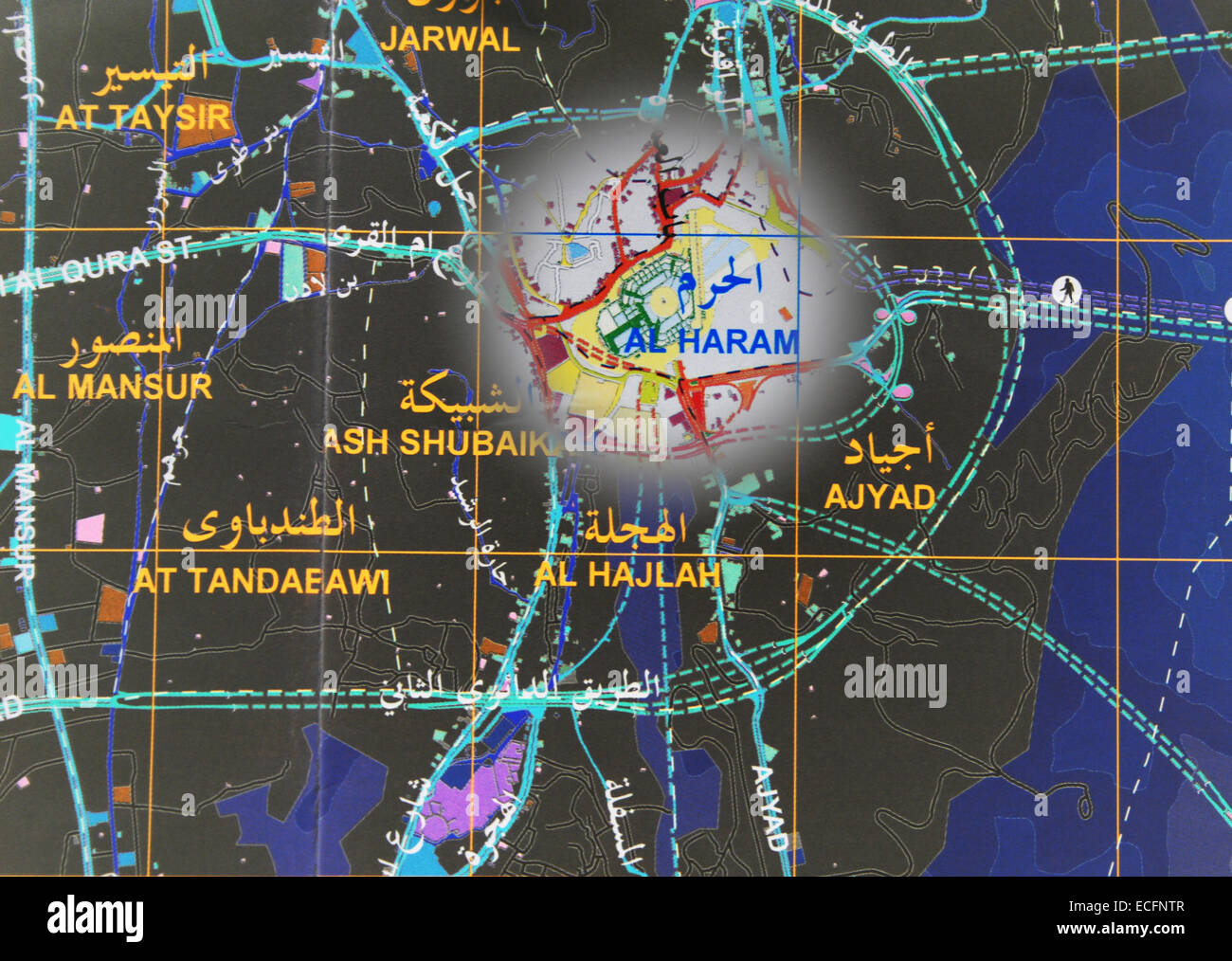
In an increasingly interconnected world, where information is readily available at our fingertips, the need for accurate and accessible resources has become paramount. This is especially true for communities seeking to connect with their places of worship, particularly for Muslims who rely on mosques, or masjids, as centers of prayer, community, and spiritual guidance.
Masjid maps serve as invaluable tools, bridging the gap between physical location and spiritual connection. These digital and physical resources provide comprehensive information about mosques, facilitating access and fostering a stronger sense of community among Muslim populations.
Understanding the Purpose of Masjid Maps
Masjid maps go beyond simple geographical representations. They serve multiple purposes, each contributing to a more inclusive and connected Muslim community:
- Finding Mosques: The most fundamental function of a masjid map is to provide accurate locations of mosques. This is especially crucial for travelers, new residents, or individuals seeking a place to pray while away from home.
- Community Building: Masjid maps can connect individuals to mosques within their local area, fostering a sense of belonging and facilitating participation in community events and activities.
- Prayer Times and Services: Many masjid maps incorporate information about prayer times, daily schedules, and specific services offered by each mosque, enabling individuals to plan their worship accordingly.
- Accessibility Features: Masjid maps can highlight mosques with specific accessibility features, such as wheelchair ramps, dedicated parking, or facilities for individuals with disabilities. This ensures inclusivity and caters to diverse needs within the community.
- Cultural Understanding: Masjid maps can provide valuable insights into the history, architecture, and cultural significance of mosques, fostering a deeper understanding and appreciation of Islamic heritage.
Types of Masjid Maps
Masjid maps come in various formats, each catering to different needs and preferences:
- Online Maps: Websites and mobile applications dedicated to masjid maps provide interactive and detailed information, allowing users to search for mosques based on location, specific criteria, and even user reviews.
- Printed Maps: Physical maps, often distributed by community organizations or mosques themselves, provide a tangible resource for individuals who prefer hard copies or lack consistent internet access.
- Community-Based Maps: Local mosques or Islamic centers may develop their own maps, highlighting mosques within their specific area or network.
Benefits of Using Masjid Maps
The benefits of using masjid maps extend beyond simply finding a place to pray. They contribute significantly to the well-being and growth of the Muslim community:
- Increased Accessibility: Masjid maps break down geographical barriers, enabling individuals to easily locate mosques regardless of their familiarity with the area.
- Enhanced Community Engagement: By connecting individuals to mosques in their vicinity, masjid maps foster a sense of belonging and encourage active participation in community events and activities.
- Spiritual Guidance: Masjid maps provide access to information about prayer times, services, and religious teachings, facilitating a deeper connection with Islamic practices.
- Cultural Awareness: Masjid maps can showcase the diversity and richness of Islamic architecture and cultural practices, promoting understanding and appreciation of Islamic heritage.
- Support for Travelers: Masjid maps are particularly beneficial for travelers, offering a reliable resource to find mosques during their journeys and maintain their religious practices.
Challenges and Considerations
While masjid maps offer numerous advantages, it is essential to acknowledge potential challenges and considerations:
- Accuracy and Up-to-Date Information: Ensuring the accuracy and timeliness of information is crucial. Regular updates and verification are necessary to maintain the reliability of masjid maps.
- Privacy Concerns: Some individuals may be hesitant to share their location data or personal information with online platforms. It is important to prioritize data security and user privacy.
- Accessibility for All: Masjid maps should cater to diverse needs, including individuals with disabilities, those who lack internet access, and those who prefer printed resources.
- Cultural Sensitivity: Masjid maps should be designed with cultural sensitivity, respecting local customs and traditions associated with mosques.
- Inclusivity and Representation: Masjid maps should strive to represent the diversity of the Muslim community, including mosques of different denominations and cultural backgrounds.
FAQs about Masjid Maps
1. How can I find a mosque near me using a masjid map?
Most online masjid maps allow you to search for mosques based on your current location or by entering a specific address. You can also filter your search by criteria such as denomination, language, or accessibility features.
2. Are masjid maps available in multiple languages?
Many online masjid maps offer support for multiple languages, ensuring accessibility for a broader audience.
3. How can I contribute to the accuracy of masjid map information?
Some online platforms allow users to submit updates, corrections, or new mosque listings. You can also contact the map developers or relevant community organizations to report inaccuracies.
4. Are masjid maps available offline?
Some mobile applications offer offline map features, allowing you to access mosque information even without internet connectivity.
5. How can I find a mosque with specific accessibility features?
Many online masjid maps allow you to filter your search by accessibility features such as wheelchair ramps, dedicated parking, or facilities for individuals with disabilities.
Tips for Using Masjid Maps Effectively
- Utilize Multiple Resources: Explore different online platforms and physical maps to ensure you have access to a comprehensive range of information.
- Verify Information: Cross-reference information from different sources to confirm accuracy and ensure the mosque details are up-to-date.
- Consider User Reviews: Read reviews from other users to gain insights into the mosque’s environment, amenities, and services.
- Respect Local Customs: Familiarize yourself with local customs and etiquette associated with mosques before visiting.
- Contact the Mosque Directly: If you have specific questions or require additional information, contact the mosque directly for clarification.
Conclusion
Masjid maps play a vital role in connecting individuals with their places of worship, fostering a sense of community, and promoting cultural understanding. By providing accurate and accessible information about mosques, these resources empower individuals to practice their faith, connect with others, and engage in meaningful spiritual experiences. As technology continues to evolve, masjid maps will likely become even more sophisticated, offering enhanced features and functionalities to meet the diverse needs of the Muslim community.


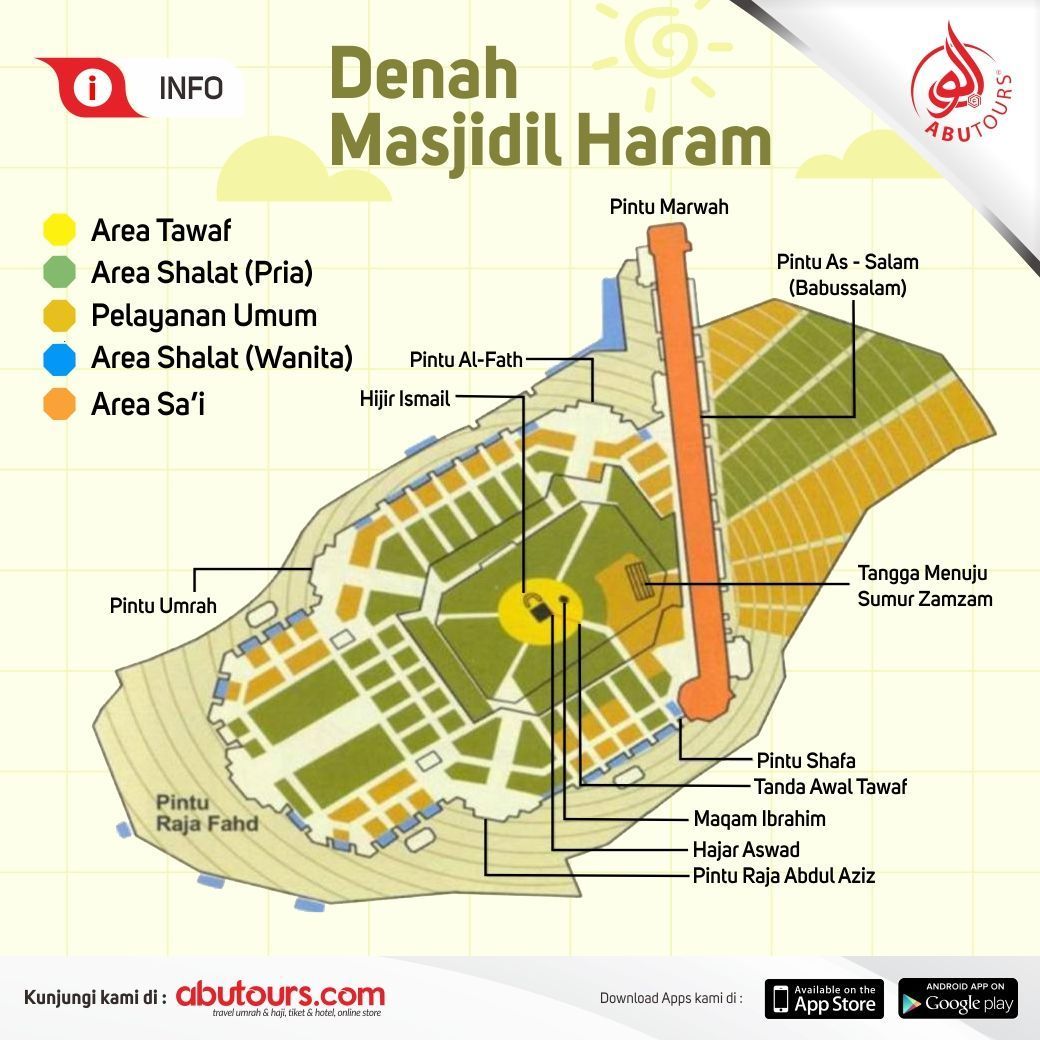
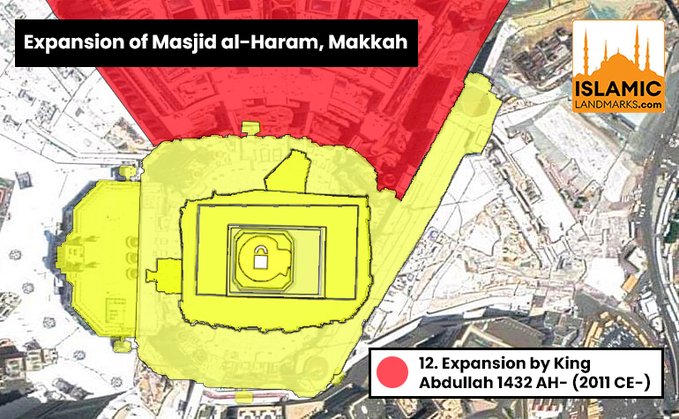

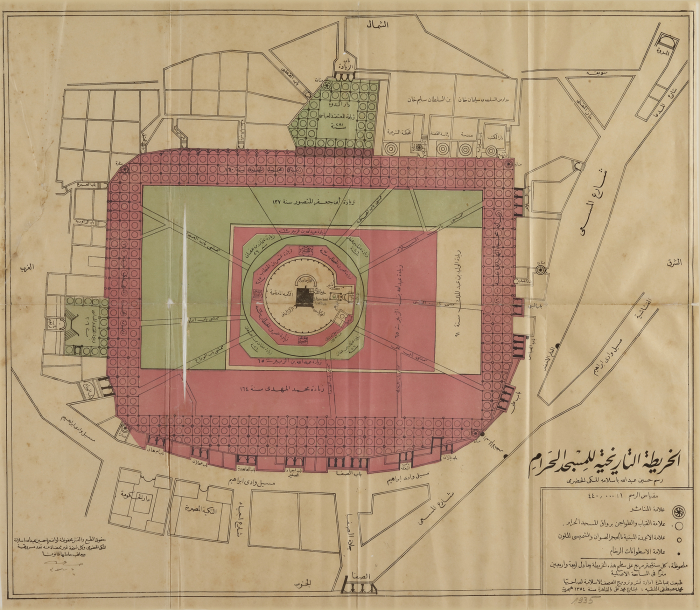

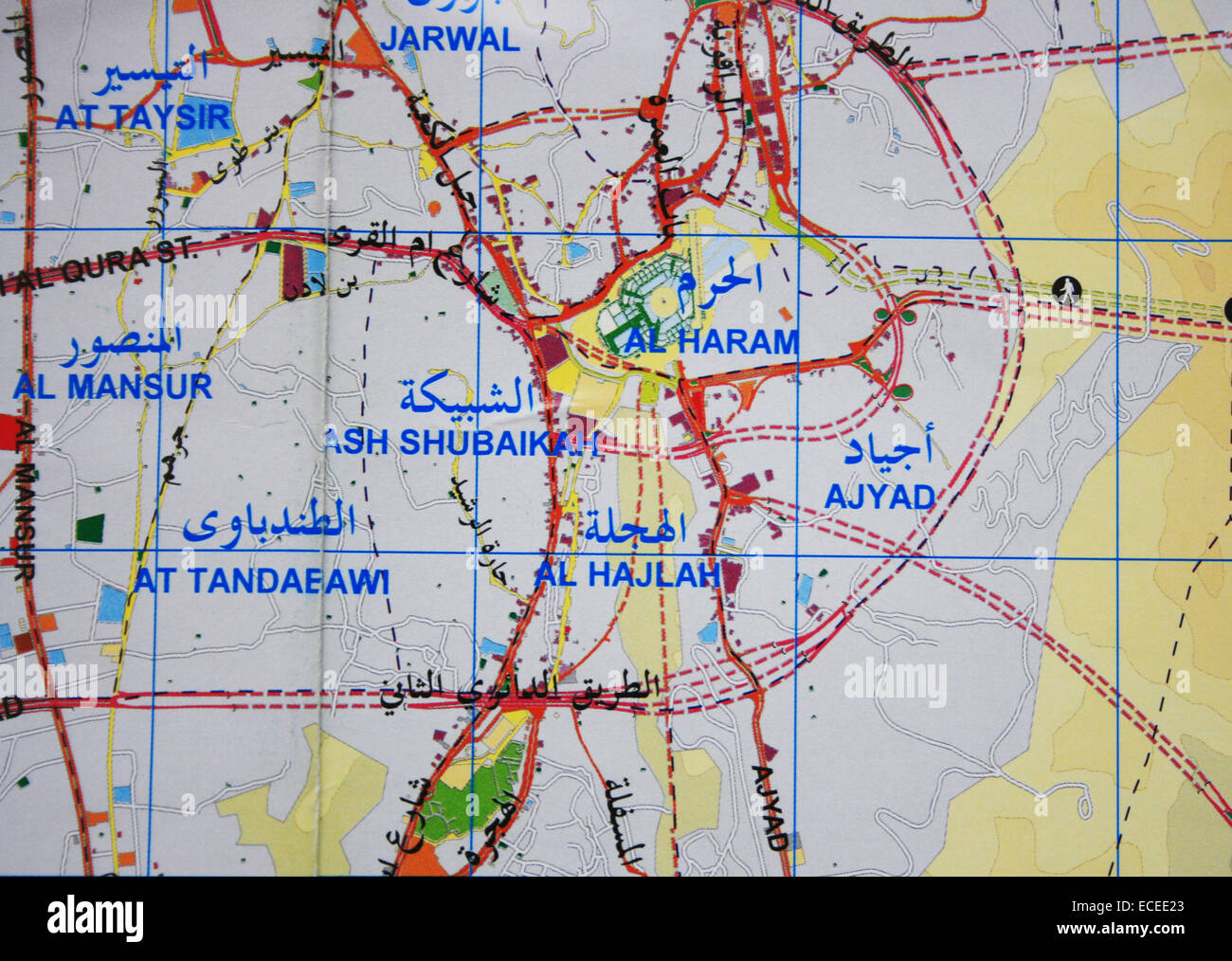
Closure
Thus, we hope this article has provided valuable insights into Navigating Faith: The Importance of Masjid Maps in the Modern World. We appreciate your attention to our article. See you in our next article!